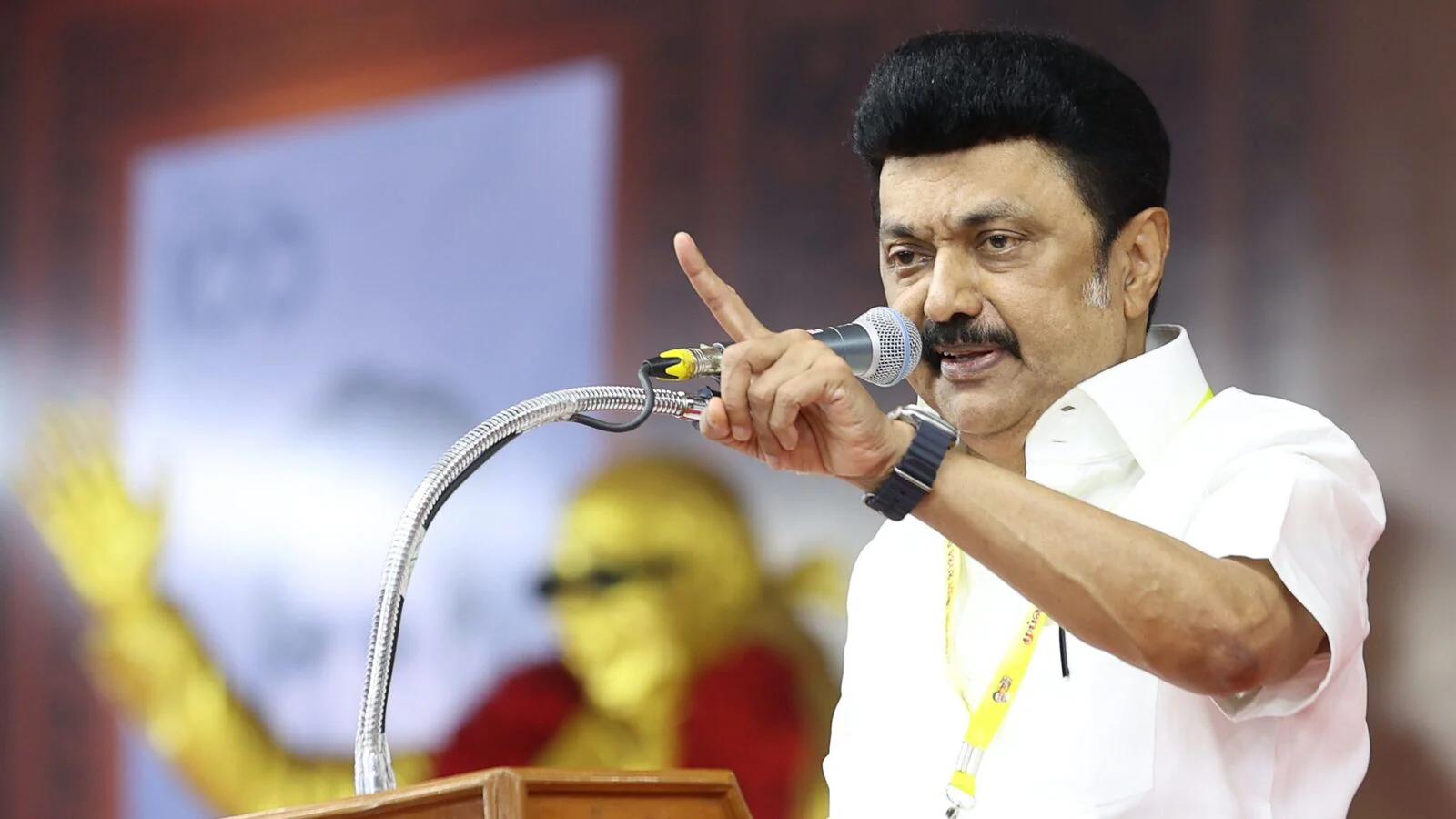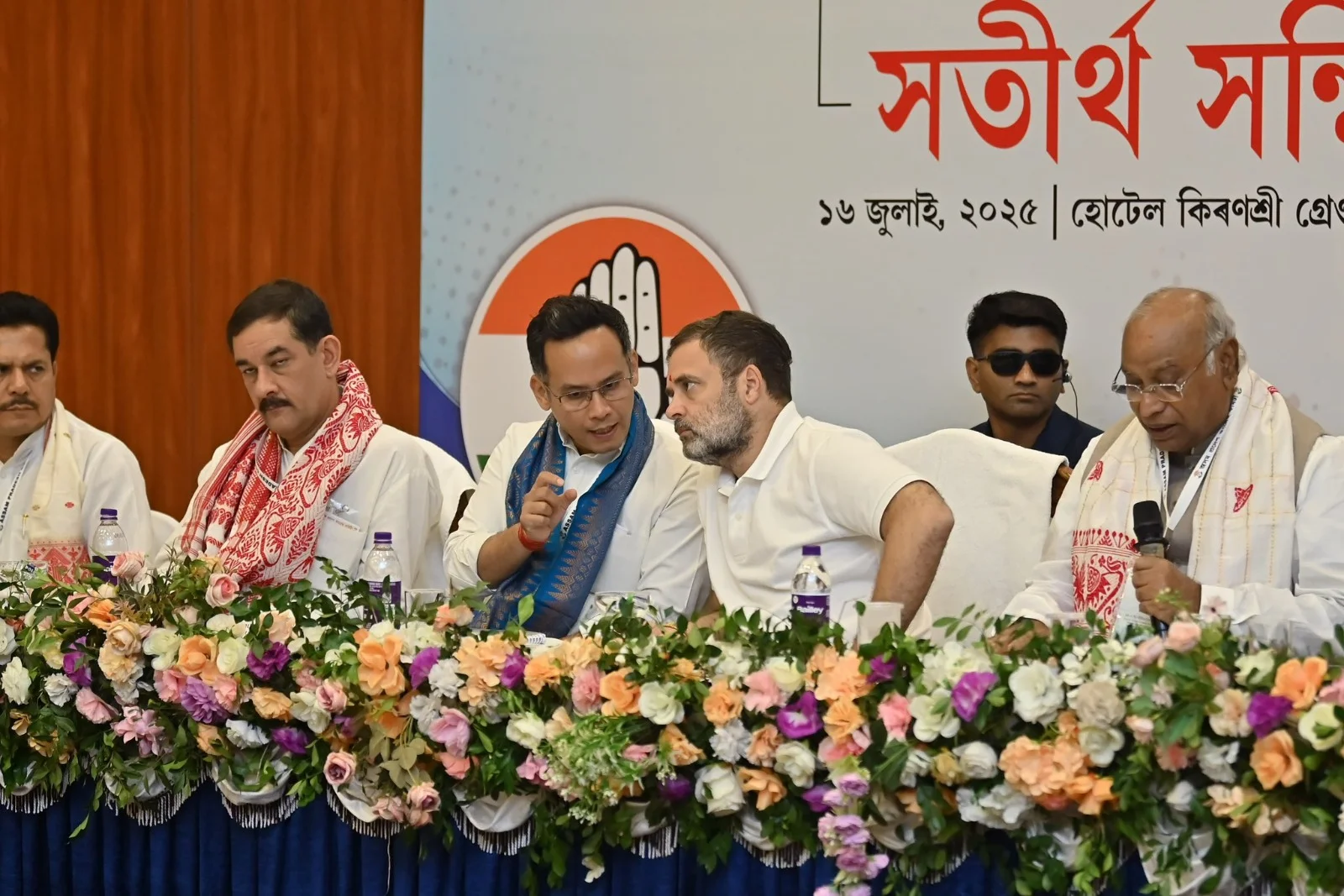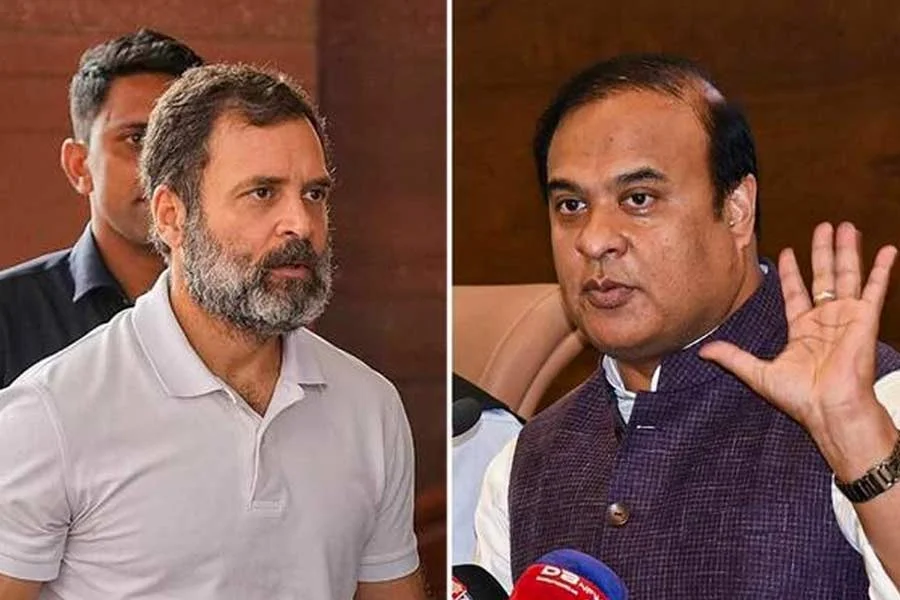Tamil Nadu Chief Minister M.K. Stalin has voiced grave concerns regarding the alleged systematic erosion of rights of elected state governments by the Union BJP Government, pointing to the unsettling situation in Jammu and Kashmir as a stark illustration. His recent remarks, specifically highlighting the reported house arrest and undignified treatment of former Elected CM Omar Abdullah, have sent ripples across the political landscape, sparking a crucial debate on democratic principles and federalism.
The Plight of an Elected CM Omar Abdullah: A Disturbing Account
In a widely circulated post on X (formerly Twitter), CM Stalin recounted a particularly distressing incident involving Elected CM Omar Abdullah. According to Stalin, the former Chief Minister was not only placed under house arrest but was also allegedly forced to scale walls just to pay homage to the 1931 martyrs. This vivid imagery painted a grim picture of the constraints faced by a duly Elected CM Omar Abdullah, raising serious questions about the respect accorded to elected representatives and the sanctity of democratic processes in the region.
“This treatment of an Elected CM Omar Abdullah is unacceptable,” Stalin asserted, emphasizing the potential implications beyond Kashmir. He warned that if such actions can be perpetrated against an Elected CM Omar Abdullah in Jammu and Kashmir, they could, disturbingly, be replicated anywhere else in the nation. This stark warning served as a rallying cry for all democratic voices to unite in unequivocal condemnation of such practices, urging vigilance against what he perceives as a creeping authoritarianism.
The Controversial Incident: What Transpired with Elected CM Omar Abdullah?
The allegations by CM Stalin echo a prior incident shared by Elected CM Omar Abdullah himself. The former Chief Minister had previously posted a video on social media detailing what he described as “physical grappling” while attempting to offer Fatiha, a prayer. He firmly maintained that his actions were entirely lawful, underscoring the perceived infringement on his basic rights and religious freedom as an Elected CM Omar Abdullah.
However, the narrative surrounding the incident is not without contention. Sunil Sharma, the Leader of Opposition in Jammu and Kashmir, offered a differing perspective, criticizing Elected CM Omar Abdullah‘s conduct. Sharma expressed disappointment that an elected Chief Minister would resort to “jumping over a boundary wall” and engaging in a “scuffle with the police.” He further cautioned that such actions from an Elected CM Omar Abdullah could potentially incite unrest among the youth, suggesting a need for more measured responses from public figures.
Safeguarding Democratic Norms: A Call to Action Regarding Elected CM Omar Abdullah‘s Treatment
The contrasting accounts underscore the complex and often polarized political environment in Jammu and Kashmir, and by extension, the broader Indian political landscape. CM Stalin’s intervention brings to the forefront a critical discussion about the balance of power between the central government and state administrations, and the importance of preserving democratic institutions and the dignity of Elected CM Omar Abdullahs.
The incident involving Elected CM Omar Abdullah serves as a potent reminder of the need for robust checks and balances within a democratic framework. It highlights the importance of protecting the rights and autonomy of elected state governments and their leaders, even when political disagreements arise. The call for widespread condemnation by CM Stalin is a testament to the belief that such incidents, if left unchallenged, could set a dangerous precedent, undermining the very foundations of India’s federal structure and democratic ethos.
The ongoing discourse surrounding Elected CM Omar Abdullah and the allegations made by CM Stalin underscore the urgent need for transparency, accountability, and respect for the rule of law in all dealings between different tiers of government. As the nation continues to evolve, the treatment of figures like Elected CM Omar Abdullah will undoubtedly remain a crucial barometer of its democratic health.
Why is the Treatment of Elected CM Omar Abdullah a Concern?
- Erosion of Federalism: The alleged restrictions on an Elected CM Omar Abdullah highlight concerns about the weakening of state autonomy.
- Undermining Democratic Mandate: Such actions against an Elected CM Omar Abdullah can be seen as disrespecting the mandate of the electorate.
- Setting a Precedent: The fear is that if an Elected CM Omar Abdullah can be treated this way, it could happen to any other elected leader.
- Freedom of Movement and Expression: Limiting the ability of an Elected CM Omar Abdullah to perform basic civic duties raises questions about fundamental rights.
- Political Discourse Impact: The incident involving Elected CM Omar Abdullah fuels a contentious political environment, impacting national unity.
Discover more from RastriyaSamachar24x7
Subscribe to get the latest posts sent to your email.




